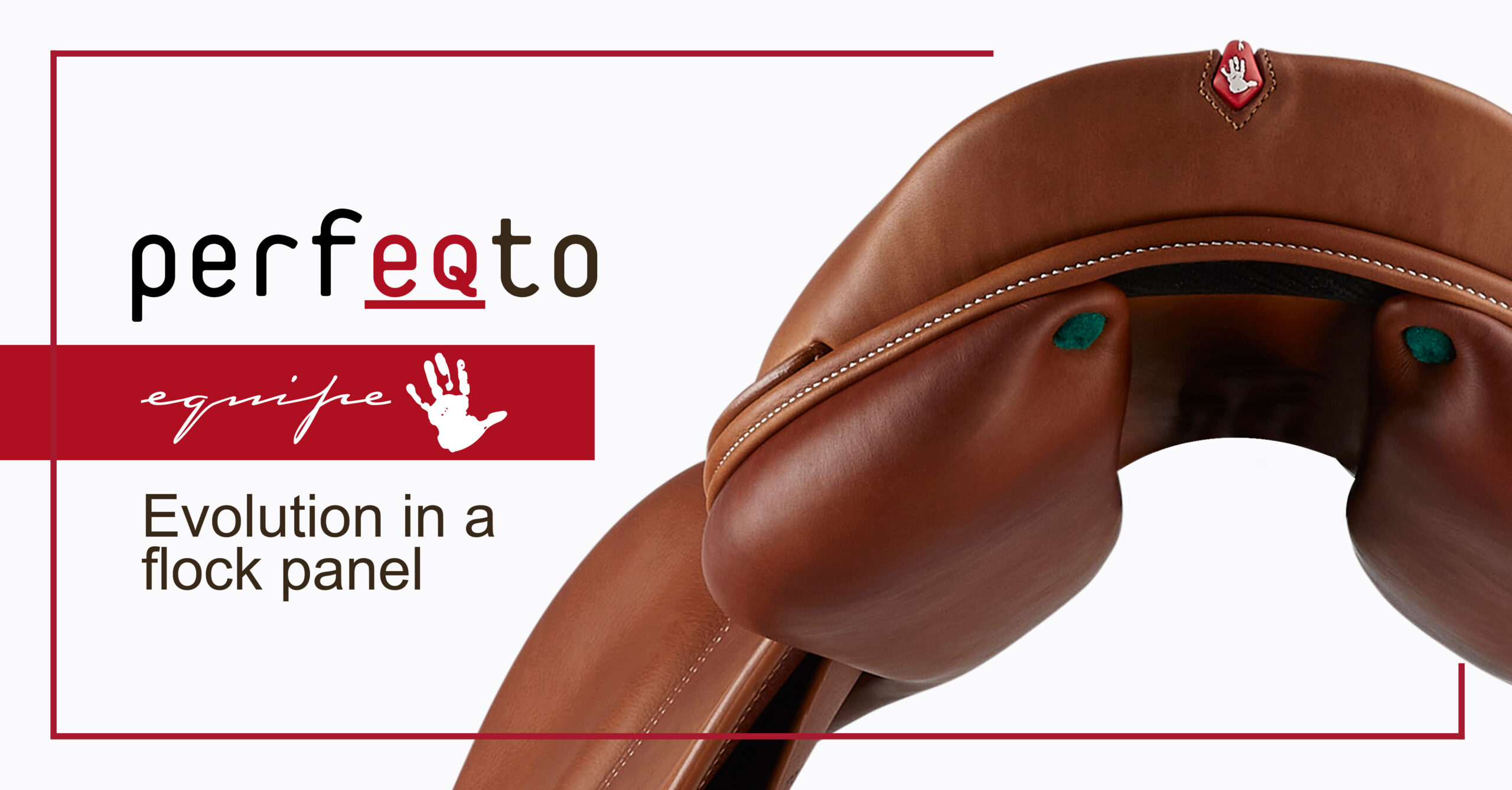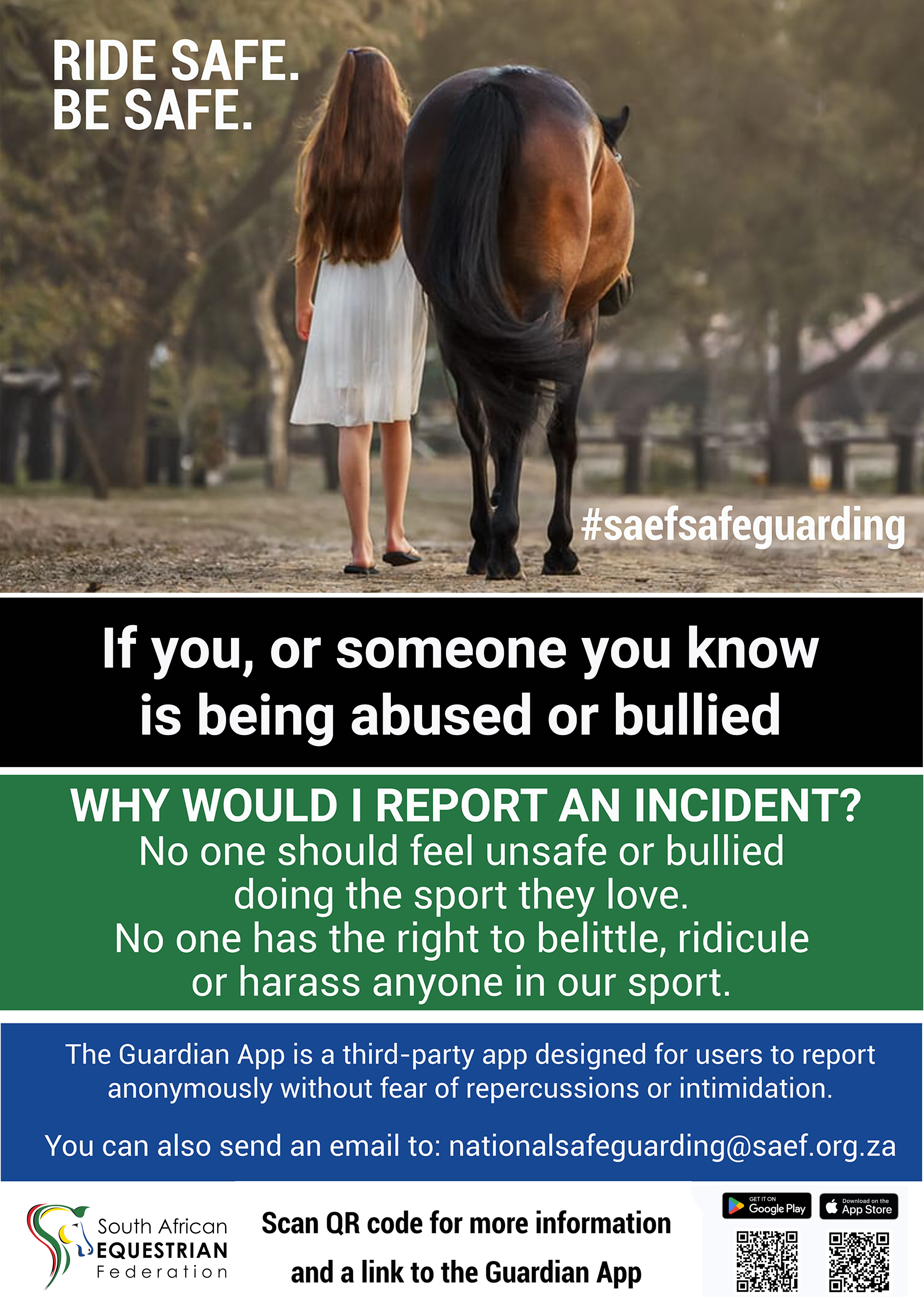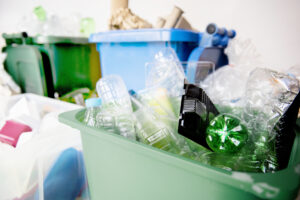Be prepared to manage a minor injury or stabilize a serious wound with a well-stocked and accessible equine emergency first-aid kit.
As horse lovers and owners, we all shudder at the thought of our magical unicorns getting hurt but the unfortunate reality is that if there is something for them to get stuck in or on, THEY WILL! In an emergency, time is of the essence. You need to assess the severity of the situation calmly and, depending on the nature of the incident, there may be a number of actions you can take to manage the situation until the vet arrives. In order to do so, however, it requires that you (or your yard) have a well-stocked and easily accessible first aid kit readily available.
For clarity, suggesting yards keep an equine first aid kit on-hand is not an alternative to calling the vet (and consulting Dr. Google), it is, on the contrary, providing you with tools and means to keep the situation under control (or from worsening) until the vets are able to arrive.
A First Aid Box – we recommend a toolbox or fishing tackle box with partitions and securely fastening latches. A good idea is to write your vets contact number clearly on the box in the event your groom or other carer is required to call the vet on your behalf.
Big Jim Toolbox R145 – R200
Builders Warehouse
- A Digital Thermometer – No real explanation required here. A quick reminder to not leave the thermometer unattended when taking your beloved horses temperature however as you will either be scrounging through the bedding looking for it or calling an unimpressed vet that will have to fetch it from you know where!Digital Thermometer – R49-95
Dischem
- A Headlamp– we all know horses don’t abide by working hours and it’s far easier to manage the situation hands free.
LED Headlamp – R69,99
Mr Price Sport
- A Stethoscope– Whilst this may seem too advanced, we recommend you ask your vet to show you how to listen for gut sounds and breathing rates on the next yard visit.
Criti Care Stethoscope – R249
takealot.com
- Gauze swabs – for dabbing and wiping(much like cotton wool but the beauty is it doesn’t get caught or leave remnants after wiping)
Medic Gauze Swabs Sterile – R11-95
Dischem
- Betadine Surgical Wash and Ointment – an antiseptic to keep the germs at bay
Betadine Antiseptic Solution (250ml) – R89,95 (Dischem)
Dermavet 75ml tube R191-00 (Equifox)
- Blunt-Nosed Scissors
- Interleaved Cotton Wool or Gamgee
Cotton wool (interleaved) Equifox- R96-00
Gamgee Equifox- R133-00
Bandages- there are a few different ones you will need in your first aid box which are used in different situations and on different areas of the body:
- Crepe bandages
- Vet wrap
-
- Elastoplast bandages
All bandages available at Milmac and Equifox.
Nappies and Duct Tape – Yes you read correctly and yes we mean baby disposable nappies. These two are a must for poultice bandaging – simple yet highly effective. The nappy is absorbent on the inside and provides a protective layer whilst the duct tape stops your horse for walking though the bandage just after you have applied it. (Side note – your equine does not need Pampers or Huggies – No-Name brands will more than suffice).
Epsom salts – These can be used for flushing wounds and for drawing out an abscess.
Sterile Saline Solution– We don’t often think about it, but what if your horse gets a foreign body or worse, snake venom, in its eyes? You can flush the eye with saline solution until your vet gets there. DO NOT administer steroids or cortisone to reduce the inflammation, as these can actually worsen the disease, delay healing or possibly lead to infection and/or partial/full blindness, your vet will need to determine the extent of the damage first.

















